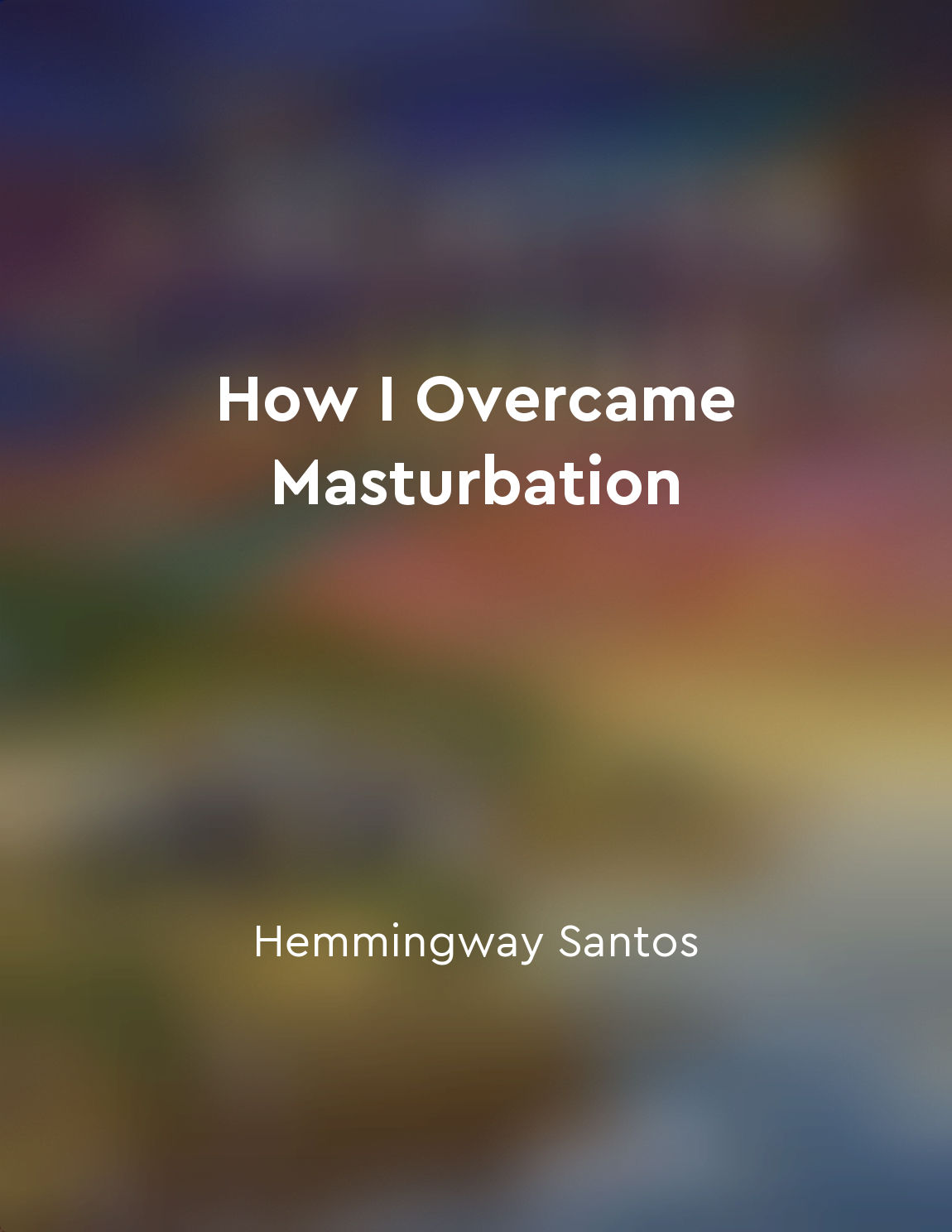Break free from shame and guilt surrounding emotional neglect from "summary" of Running on Empty by Jonice Webb,Christine Musello
If you grew up with emotional neglect, you likely carry a heavy burden of shame and guilt. These feelings are often deeply ingrained, woven into the fabric of your being. You may have internalized the message that your needs and emotions are not important, that you are unworthy of love and attention. This pervasive sense of shame can be paralyzing, keeping you stuck in a cycle of self-blame and self-criticism. It is crucial to recognize that the shame and guilt you feel are not your fault. They are the result of being raised in an environment where your emotional needs were not met. Your caregivers may not have intentionally neglected you, but the impact of their actions – or lack thereof – has left lasting scars. By acknowledging this truth, you can begin to untangle the web of shame and guilt that has held you captive for so long. Breaking free from shame and guilt surrounding emotional neglect requires compassion and self-acceptance. It involves challenging the negative beliefs you hold about yourself and reframing your inner dialogue. Instead of berating yourself for past mistakes or perceived shortcomings, practice self-compassion and kindness. Treat yourself with the same love and understanding you would offer to a friend in need. It is also important to grieve the losses that come with emotional neglect. Allow yourself to mourn the childhood you never had, the love and nurturing you missed out on. Give yourself permission to feel anger, sadness, and disappointment. These emotions are a natural part of the healing process and should not be suppressed or ignored. Seeking support from a therapist or counselor can be incredibly beneficial in overcoming shame and guilt related to emotional neglect. A trained professional can help you explore your feelings, challenge negative thought patterns, and develop healthy coping mechanisms. They can provide a safe space for you to process your emotions and work through past trauma. Remember, healing from emotional neglect is a journey, not a destination. It takes time, patience, and dedication to break free from the chains of shame and guilt. But with persistence and self-compassion, you can learn to embrace your worthiness and reclaim your emotional well-being.Similar Posts

Cultivating selfcompassion is vital
The journey to overcoming masturbation is not an easy one. It requires dedication, self-discipline, and most importantly, self-...
Ego mediates between id and superego
In our mental life there are three provinces, the id, the ego, and the super-ego, which are in eternal strife with one another....
Securely attached individuals have a strong sense of selfworth
Securely attached individuals have a strong sense of self-worth. This means that they have a deep-rooted belief in their own va...
Selfidentity is shaped by cultural influences
Growing up in a household where my father was Korean and my mother was white, I was constantly navigating between two different...

Past connections surface
As the story unfolds, long-buried memories resurface, causing a ripple effect in the characters' lives. Secrets thought to be b...
Patty Duke's legacy as a mental health advocate and trailblazer
Patty Duke's impact as a mental health advocate and trailblazer is profound and far-reaching. Her courageous efforts to destigm...
Emotional resilience
Emotional resilience is not about being tough or unbreakable. It's not about pretending that everything is okay when it's not. ...
Encountered cruelty and neglect on a daily basis
Every day was the same for me. I woke up to the sound of my mother's harsh voice, telling me I was worthless and didn't deserve...
Childhood experiences shape brain development
Childhood experiences shape brain development. The brain is influenced by the environment it finds itself in, especially during...
Men may seek validation from mother
In many cases, men may look to their mothers for validation throughout their lives. This need for validation often stems from e...

